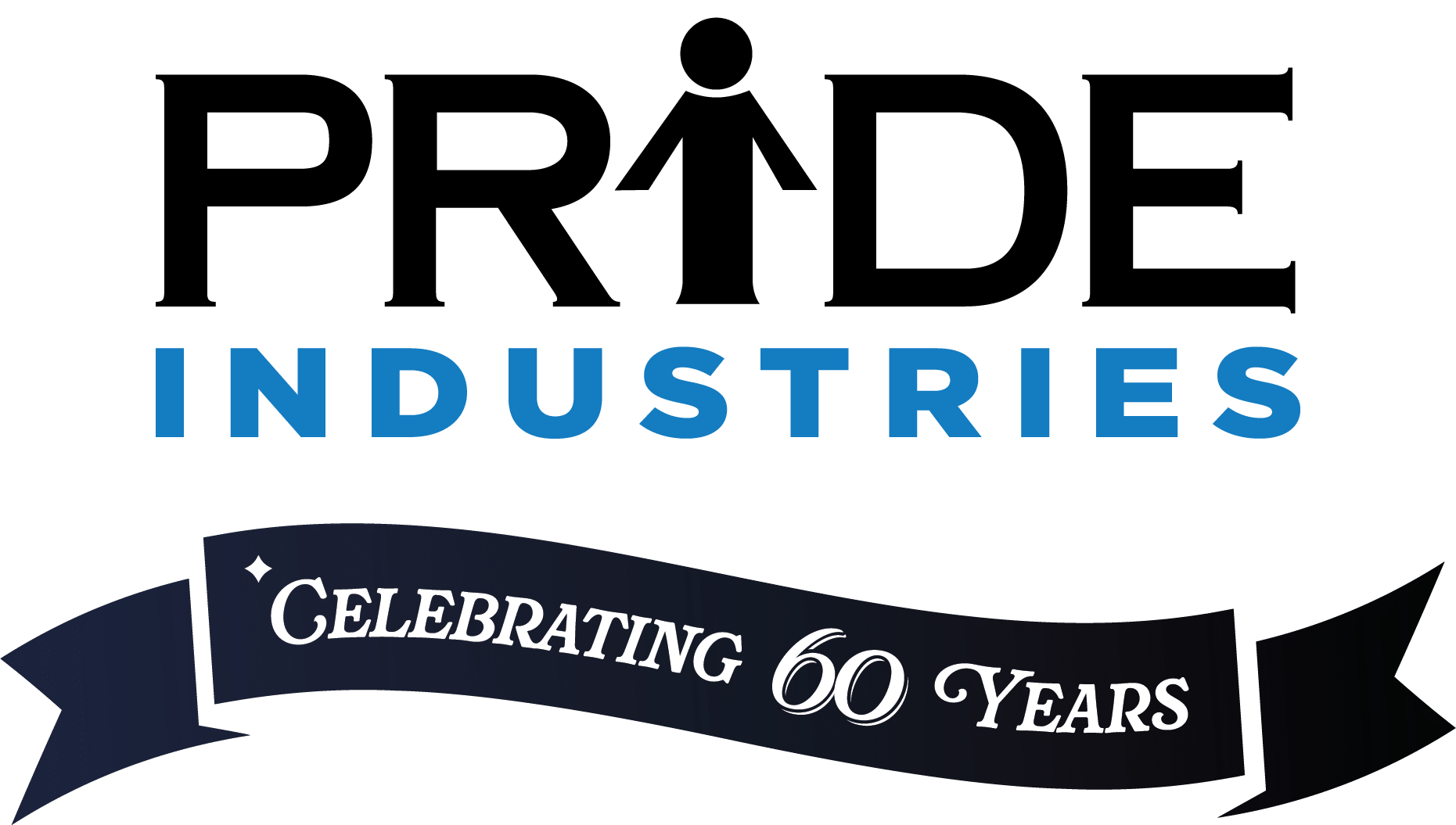Phillip Powell is one of the many people who have benefited from donations to The Michael Ziegler PRIDE Industries Foundation. These generous donations support vocational training, on-the-job coaching, and also a host of other employment services for adults with disabilities. The important services provided by these donations put hundreds of individuals on the path to reaching their career goals.
Job Training Program for Adults with Disabilities
Driven, focused, and newly certified in office technology, Phillip Powell was ready to start his career as an administrative professional. But without much experience in the field, finding a position was difficult. Determined to meet his goal of landing a clerical job where he could steadily build his skills, Phillip reached out for help.
Enter Caryl Balko, a PRIDE Industries job developer, who was referred to Phillip by the California Department of Rehabilitation. Caryl is one of the many PRIDE Industries Job Developers who help individuals with disabilities showcase their talents. Job Developers like Caryl help jobseekers tailor their resumes and cover letters, and coaching them for interviews for jobs and internships for people with disabilities. Our Job Developers also act as intermediaries between businesses and job seekers, ensuring a successful employment match on both sides.
Caryl soon realized that an internship would give Phillip a perfect opportunity to build more experience for his resume. She coached Phillip on how to highlight his skills and strengths, especially his education and prior experience as a library volunteer. Caryl’s efforts—and Phillip’s hard work— paid off when the perfect match came up in June: an internship with The Michael Ziegler PRIDE Industries Foundation.
Internships for People with Disabilities Build a Foundation for Job Success
Phillip began his internship in early June, and hit the ground running with his first project. Along with Donor Relations Manager Julie Van Dooren, he would plan the Employee Giving Campaign. Together, the two recruited a slate of ambassadors to spread the word about the Employee Giving Campaign, and created essential items to support them.
“Our team appreciates Phillip’s strong work ethic and enthusiasm,” said Foundation Director Michele Bennyhoff. “His efforts have kept us on track.”
Since joining the Foundation team, Phillip has discovered a range of new skills, including an aptitude for data management.
“I’m enjoying the chance to build my experience,” said Phillip. “These skills can let me enter fields such as statistical analysis. Plus, by working on this important fundraiser, I’m helping others get the same opportunity to earn a paycheck and experience the independence that comes with that.”
Need employment placement support?
“It felt incredible when I got my first chance at starting the career that I had worked so hard for.”

